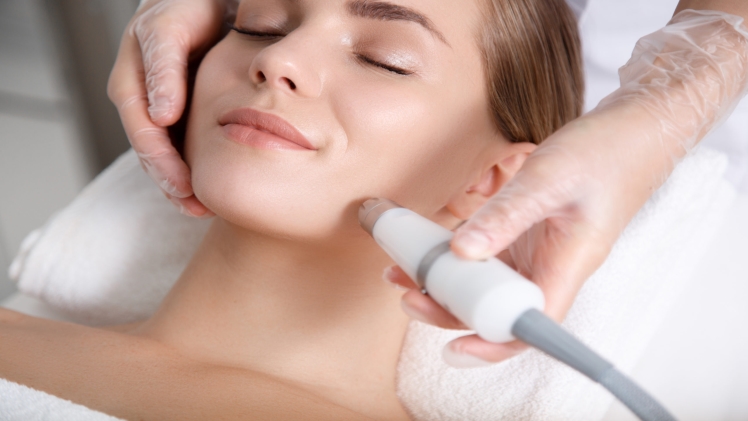Laser skin resurfacing is a medical procedure gaining popularity in Houston, Texas. It uses lasers to improve the appearance of the skin. It is used to treat sun damage, wrinkles, acne scars, and other skin problems. Laser skin resurfacing can be performed on the face, neck, chest, hands, or any other part of the body. The number of Houston laser skin resurfacing procedures performed each year is increasing. This is because the process can be tailored to meet the needs of each individual. But how do you prepare for this procedure?
Minimize Sun Exposure
One of the most important things you can do to prepare for laser skin resurfacing is to minimize your sun exposure. Sun exposure can cause skin damage that may increase the risk of complications from the procedure. So, before undergoing laser skin resurfacing, make sure to protect your skin by using sunscreen and wearing hats and other protective clothing.
If you do not use sunscreen, your skin may be more sensitive to UV rays from the treatment. Always protect your skin before going into laser skin resurfacing. This means applying good sunscreen first and wearing protective clothing, especially on your hands, face, and neck. The most important thing is to ensure that the part of your body you’re having treated is not exposed to the sun.
Take Antiviral Medications
If you are taking antiviral medications, tell your doctor before undergoing laser skin resurfacing. Some antiviral drugs can increase the risk of complications from the procedure.
Your doctor may want to change or stop your medication if you have laser skin resurfacing. So, it is essential to tell your doctor about all the medicines you are taking, including over-the-counter drugs and supplements.
Refrain from Smoking
Smoking can also increase the risk of complications from laser skin resurfacing. So, if you are a smoker, it is crucial to stop smoking before and after the procedure.
Smoking can interfere with the healing process after laser skin resurfacing. It can also increase the risk of infection and other complications. So, it is essential to quit smoking before and after the procedure.
Avoid Blood-Thinning Medications
Blood-thinning medications are medications that thin the blood. They are used to prevent blood clots from forming. Some common blood-thinning medications include aspirin, heparin, and warfarin.
The most important thing is that patients who have undergone laser skin resurfacing should avoid taking any medication that can interfere with their healing process. It includes blood-thinning medications.
So, if you are taking any blood-thinning medications, be sure to tell your doctor before undergoing laser skin resurfacing. Your doctor may want to change or stop your medication if you are going for the procedure.
Avoid Products That Cause Photosensitivity
Some products can cause photosensitivity. Photosensitivity is when the skin becomes more sensitive to light. It can increase the risk of complications from laser skin resurfacing. It’s essential to use a gentle cleanser and lotion on the treated areas. This will help to keep the skin clean and moist. It will also help to promote healing.
Laser skin resurfacing is a medical procedure that uses lasers to achieve skin rejuvenation. It can treat sun damage, wrinkles, acne scars, and other skin problems. Before undergoing laser skin resurfacing, there are some key things you need to do to prepare for the procedure.

